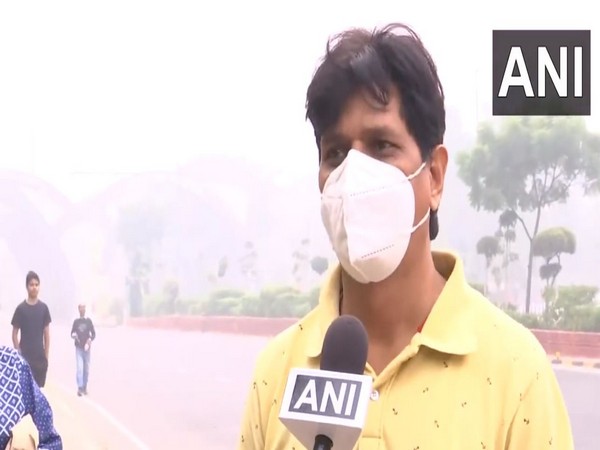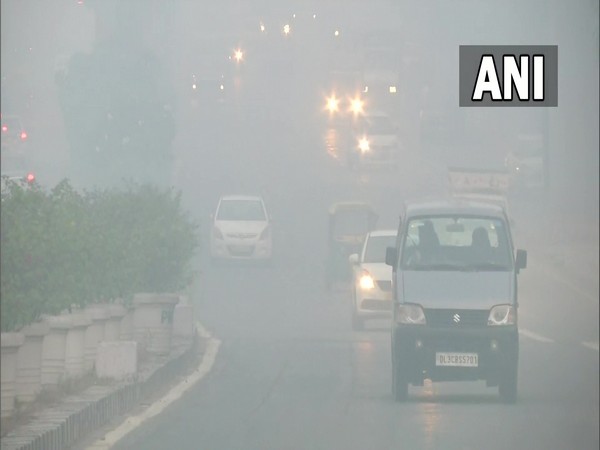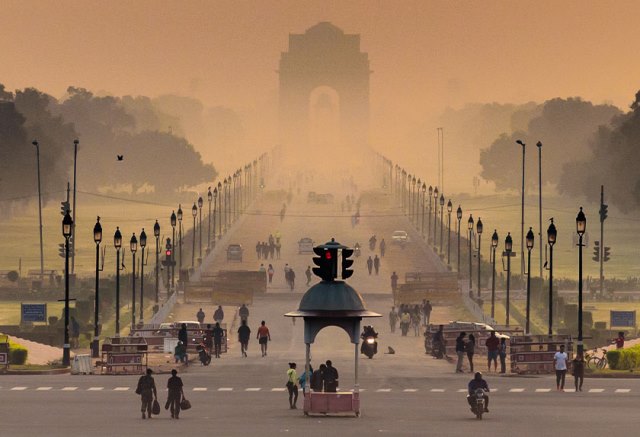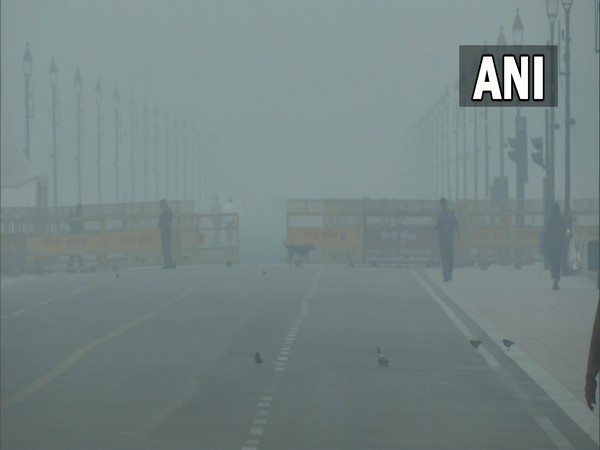The Union government panel that recommends steps to control pollution in the national capital region has revoked actions under the graded response action plan (GRAP) stage III with immediate effect, because of a noteworthy fall in pollution.
Stage III of GRAP means a ban on all construction activities except those of national importance.
The Sub-Committee for invoking actions under GRAP of the Commission for Air Quality Management in NCR and Adjoining Areas (CAQM) held a meeting today to review the situation and take the appropriate call in view of noteworthy improvement in the overall air quality of Delhi witnessed in the last few days with a fall of more than 100 points in the overall Air Quality Index (AQI) since the last invocation of Stage III of the Graded Response Action Plan (GRAP) on December 4.
“While comprehensively reviewing the overall air quality parameters of Delhi-NCR, the Commission noted that due to forecasts by IMD/ IITM not indicating the overall AQI of Delhi to slip into the “Severe” category in the next few days and as it is likely to fluctuate between ‘Poor’ to ‘Very Poor’ category, it is advisable to relax the restrictions and further roll back Stage-III of the GRAP with immediate effect in the entire NCR,” the Ministry of Environment, Forest and Climate Change said in a statement.
The GRAP Sub-Committee in its earlier meetings had invoked actions under Stage-I, Stage-II, Stage-III, and Stage-IV of the GRAP in the entire NCR on October 5, October 19, October 29, and November 3 respectively.
Further, Sub-Committee in its review meeting revoked the actions under Stage-IV (‘Severe+’ Air Quality) of GRAP on December 6 and revoked Stage-III (‘Severe’ Air Quality) of GRAP on November 14 after considering the improvement in the air quality of Delhi and AQI forecasts of subsequent days.
Stage III of the GRAP was again invoked in the entire Delhi-NCR on December 4 after the sudden increase in the overall AQI of Delhi.
The Ministry further said that The Sub-Committee in its meeting today comprehensively reviewed the air quality scenario in the region as well as the IMD/IITM forecasts for meteorological conditions and the air quality index of Delhi and observed that the overall AQI of Delhi has been progressively improving with 407 recorded on December 4; 347 on December 5; 353 on December 6; and 304 recorded today which is below the threshold for invoking the GRAP Stage-III actions (Delhi AQI 401-450).
Further, the AQI is seeing a downward trend with favorable improvement in the average AQI as well. Preventive/ mitigative/ restrictive actions under all Stages up to Stage II are already underway and the forecasts by IMD/ IITM also do not indicate the AQI to fall in the ‘Severe’ category in the next few days.
Further, actions under Stage-I to Stage-II of the GRAP shall however remain invoked and be implemented, intensified, monitored, and reviewed by all agencies concerned in the entire NCR to ensure that the AQI levels do not slip further to the ‘Severe’ category.
All implementing agencies shall keep strict vigil and especially intensify measures under Stages I and II of GRAP which include the
Mechanical/vacuum-based sweeping of roads to be carried out on a daily basis.
Ensure water sprinkling along with the use of dust suppressants regularly on roads to arrest road dust, especially at hotspots, heavy traffic corridors, and vulnerable areas (before peak hours), and proper disposal of dust collected in designated sites/landfills.
Regular inspection and strict enforcement of dust control measures at Construction & Demolition (C&D) sites and enforcement of direction on the use of Ani-Smog guns.
Do not allow coal/firewood including in Tandoors in Hotels, Restaurants, and open eateries.
Ensure hotels, restaurants and open eateries use only electricity/ clean fuel gas-based appliances.
Enhance Parking fees to discourage private transport.
Regulated use of DG Sets except for the emergent and essential services.
C&D project sites and industrial units which have been issued specific closure orders on account of violations/ non-compliances with various statutory directions, rules, guidelines, etc. under no circumstances shall resume their operations without any specific order to this effect from the Commission.
Further, the Commission has once again appealed to the citizens of NCR to cooperate in implementing GRAP and follow the steps mentioned in the Citizen Charter under the GRAP.
Citizens are advised to use public transport and minimize the use of personal vehicles.
Regularly replace air filters at recommended intervals in your automobiles. Avoid dust-generating construction activities.
Various agencies responsible for implementing measures under GRAP and Pollution Control Boards (PCBs) of NCR and DPCC have also been advised to ensure strict implementation of actions of Stage I and Stage II under GRAP in the NCR.
Further, the Commission is closely watching the situation and will review the air quality scenario accordingly, the ministry statement read. (ANI)
Read More: http://13.232.95.176/








